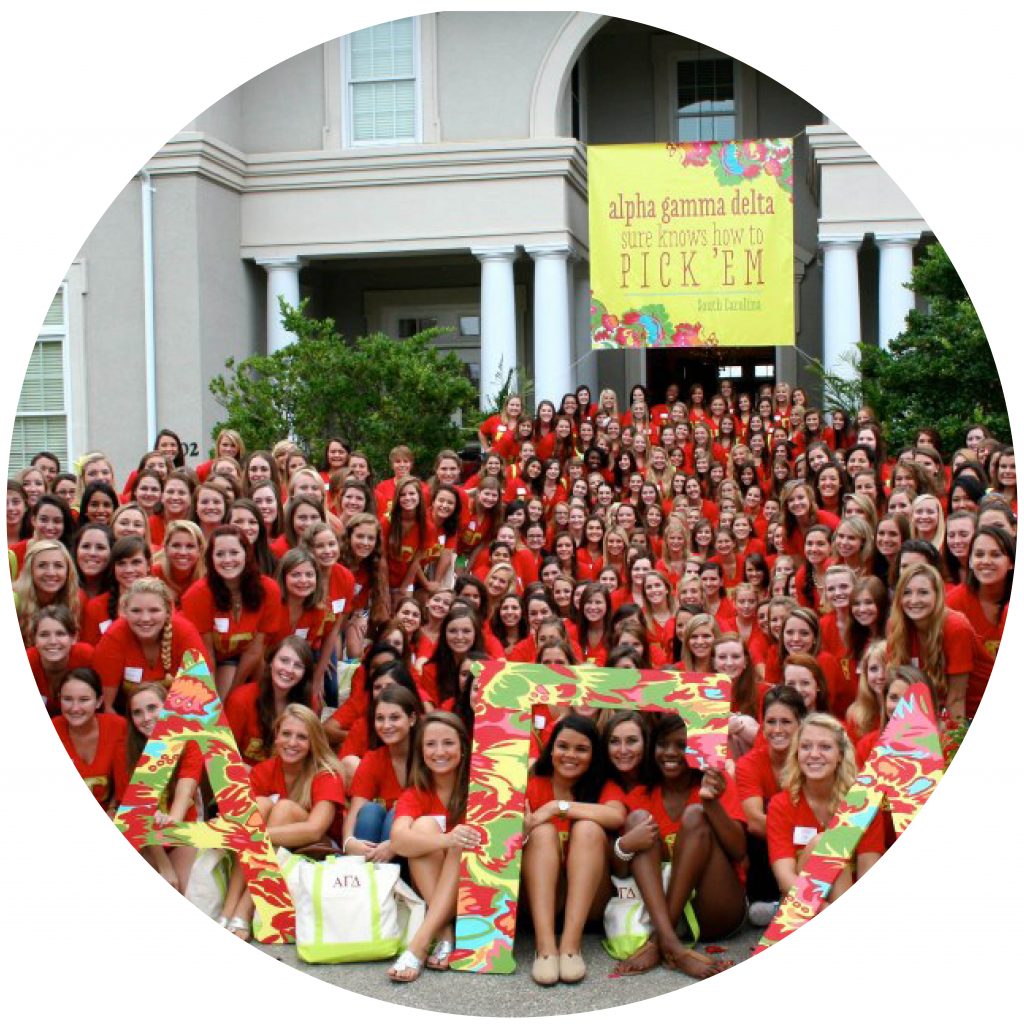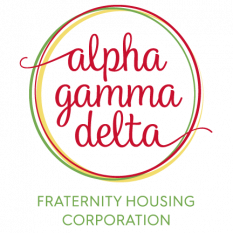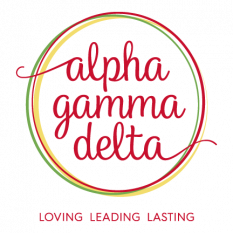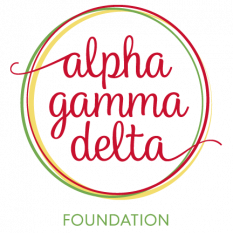A: The Alpha Gamma Delta Fraternity Housing Corporation (FHC) was formed in 2010 by Alpha Gamma Delta International Fraternity. The FHC exists to provide safe, competitive and attractive facilities exclusively for members of Alpha Gamma Delta.
A: The FHC currently works with 80 percent of Alpha Gamma Delta chapters. The remaining chapters work with local House Associations run by Alpha Gamma Delta volunteers. Chapters not listed on the FHCs website are locally managed and do not currently work with the FHC.
A: The FHC works directly with the local Alpha Gam chapter to provide the services that make sense for their campus.
In traditional homes, the FHC is usually responsible for the regular maintenance and capital improvements to the physical structure in addition to daily support for utilities, landscaping, cleaning, safety and security systems, meal service and staff (House Director, Head Chef) etc. For locations where the college or university owns the facility, the FHC may provide furnishings, supplies and some vendor services like cleaning.
The FHC is committed to a live-in experience that is safe, comfortable and competitive. For specific information regarding services, you may reach out to your Alpha Gam member’s local chapter or to the FHC Regional Property Manager assigned to the location.
A: Alpha Gamma Delta members that do not live in the house are typically required to pay a Parlor Fee. This fee covers the costs associated with access to and use of the space, including but not limited to utilities, WIFI, meals, general maintenance, etc. Members that do not live in the house are provided with access to the facility during visiting hours set by the chapter.
A: The Member Agreement is a legally binding agreement between the local chapter and your Alpha Gam member. This agreement is similar to lease for a rental property or an apartment and outlines the terms of service and costs. Upon execution, the member is obligated to fulfill the financial terms of the agreement which include the cost for both room and board (if board is offered at the location).
Members are accountable for signed agreements because the chapter house requires full house occupancy to provide the services available to the members. An unpaid vacancy in the house creates a financial shortfall. Members who no longer live in the facility are responsible for board because this portion covers more than the cost of physical food. Equipment, kitchen staff, permits, etc. are all included and do not fluctuate if the number of members living in the house decreases.
A: Room and board are determined based on the services provided and an evaluation of the local market. The cost to live in comparable facilities such as similar sorority homes, local apartments and on-campus residence halls are all used as reference points. The FHC is a not-for-profit and income after expenses is used to improve facilities.
A: Members that live in FHC-owned housing (non-university housing) should communicate maintenance needs and requests to their Director of Property. The Director of Property is a member elected by the chapter to handle housing issues and questions. Some chapters utilize an FHC-provided maintenance request form accessible from this website that will automatically notify the correct individual of the maintenance issues. Note: University-owned facilities typically have proprietary systems for reporting maintenance issues. In that case, the Director of Property may still be able to assist your member with maintenance request submissions.
A: The member will need to work with their Director of Property to contact their assigned FHC Regional Property Manager (RPM). The RPM will provide the member with animal request paperwork that will need to be completed by a medical professional and potential roommates. Once all that information and documentation has been submitted, the RPM will work to make sure that the member and her animal can be accommodated safely and fairly. Once accommodations have been confirmed, the RPM will notify the member who made the request.
A: FHC Head Chefs are trained to accommodate members with food allergies and sensitivities as well as those with mandated or elective specialty diets. At the beginning of the academic year, members are asked to complete an Emergency Contact Form where they will have the opportunity to list food allergies and dietary restrictions. From there, the Director of Property will work with the House Director (where applicable) and the Head Chef to arrange a meeting with the member. During this meeting, the Head Chef will review the member’s allergies, restrictions and/or preferences. Members who need a special accommodation for meals are encouraged to maintain an open dialogue with the Head Chef and communicate questions or concerns about a certain item or the meal program in general.
A: Yes, all belongings must be removed from the room over the summer months. During the summer session, all rooms are deep cleaned and repaired for damages. The FHC wants to ensure rooms are in great condition at the start of each academic year.
A: We strongly encourage our members to reach out to their Director of Property, Property Advisor, Chapter President and/or Chapter Advisor if they have questions regarding the Member Agreement or anything related to the facility. If the local officers and advisors cannot answer questions, they should reach out the chapter’s FHC Regional Property Manager.
A: Should an Alpha Gam member encounter this type of situation, we encourage her to reach out to the chapter’s Director of Property as soon as possible. The FHC may be able to accommodate an early move-in if an officer or the House Director can be present during that time. If neither is available, we recommend contacting the university to secure other accommodations.
A House Director, sometimes called a “House Mom”, is an FHC employee responsible for the daily management of the physical structure and the meal program. House Directors live and dine on property. They maintain active communication with the chapter officers through weekly meetings and are available to the general chapter membership regularly, often during set office hours.
A: Most Alpha Gam homes are closed during the summer term to allow for maintenance and improvements. A small handful of chapters will have 12-month agreements or summer agreements available based on the campus norm and chapter needs. There is a threshold of residents most chapters will need to meet in order to remain open for summer occupancy.
Changing the active status of a member (leaving the organization or institution) does not automatically release the member from the housing agreement signed with the local chapter. While a member who has signed a Member Agreement is financially responsible for the terms of the agreement, she may move out of the house at any time after notifying the local chapter. If the member wishes to be released from the financial obligations, she is asked to find another active Alpha Gamma Delta member from her chapter to take her place and assume her financial responsibility. If a replacement cannot be found, the member is encouraged to reach out to the chapter’s local Executive Council for assistance.
Any decision to release a member from the financial obligations of her housing commitment is made at the sole discretion of the local chapter as the collective membership of that chapter assumes the debt of any member released from a housing agreement. Any members with questions or concerns about fulfilling their Member Agreement are strongly encouraged to maintain a timely and active dialogue with the local chapter.







